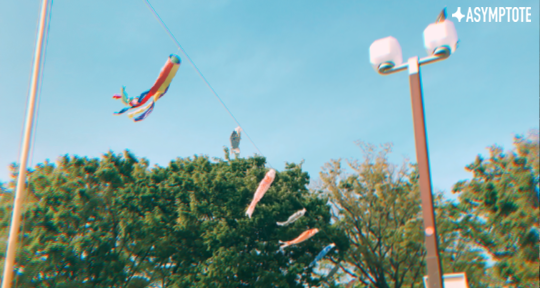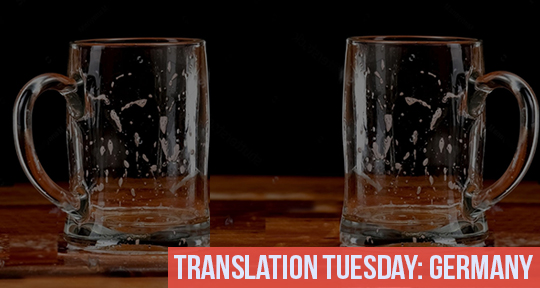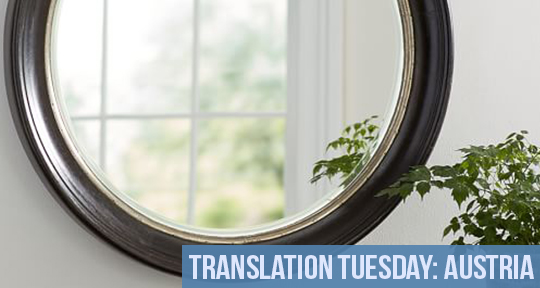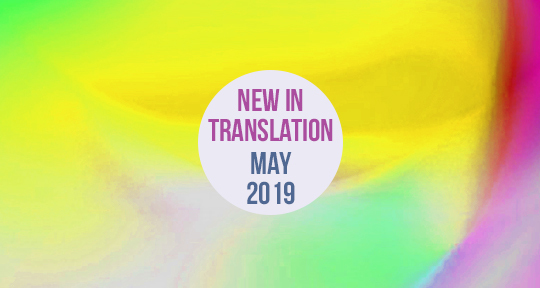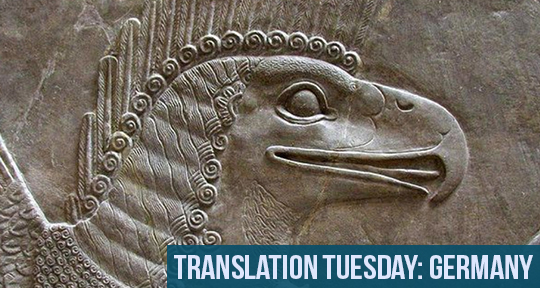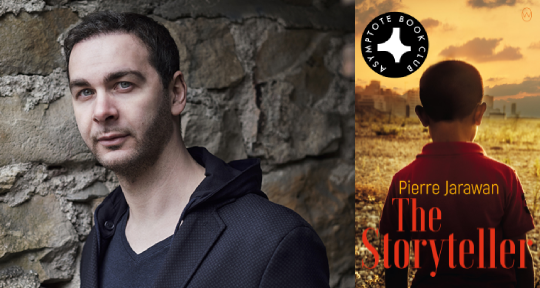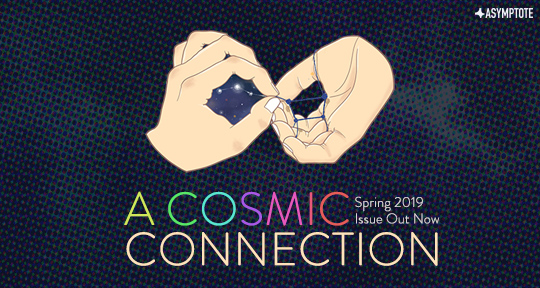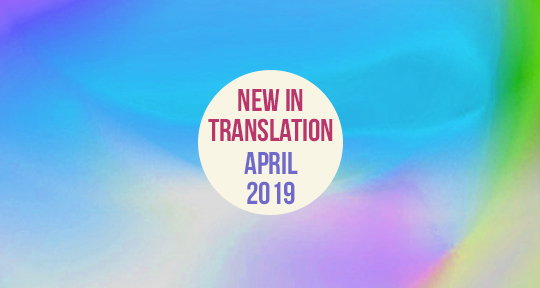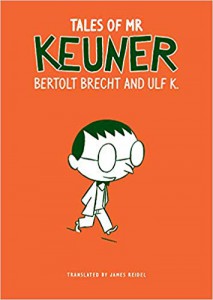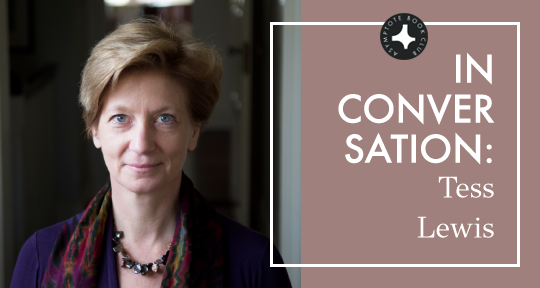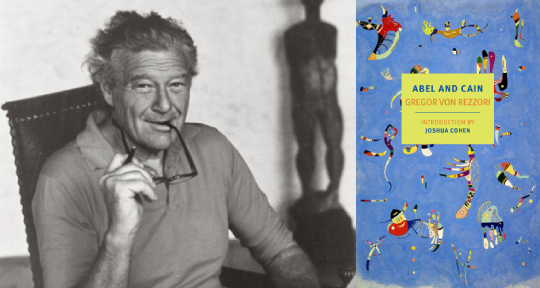For Yoko Tawada, a Japanese author who writes in both German and Japanese, language’s power—and its failings—are a central concern. In today’s essay, Asymptote Editor-at-Large Jacqueline Leung explores how Tawada’s fascination with language informs her novel The Emissary, which takes place in a dystopian Japan that has forbidden the use of foreign languages.
The very existence of language—the signified and the signifier, the sender and the recipient—denotes distance. For a writer like Yoko Tawada, who practices her craft in both Japanese and German (the latter picked up in her twenties), the space between reality and what is written or said is where poetry resides. Linguistic play is at the heart of Tawada’s creativity; in The Naked Eye, she wrote one chapter in German and another in Japanese, alternating between the two until the end. Then she decided to translate everything the other way so that she had a German manuscript and a Japanese manuscript for her publishers.
This exophonic maneuver—exophony being a term indicating the practice of writing in a language not your mother tongue (the distinction makes you wonder if there ever was a term for writing in your mother tongue)—is an impossibility in the dystopian Japan depicted in Tawada’s latest novel, The Emissary, translated into English by Margaret Mitsutani. Learning a foreign language is forbidden in the fictionalized Japan that has regressed to closing its borders after irreparable environmental disasters, possibly nuclear, contaminated the archipelago and pulled it away from the Eurasian continent, geographically and politically forcing its isolation. The aftermath is an exacerbated impression of Japan’s current dilemma with its aging population—government statistics released just this April reveal that over a third of its people are 60 and above.

